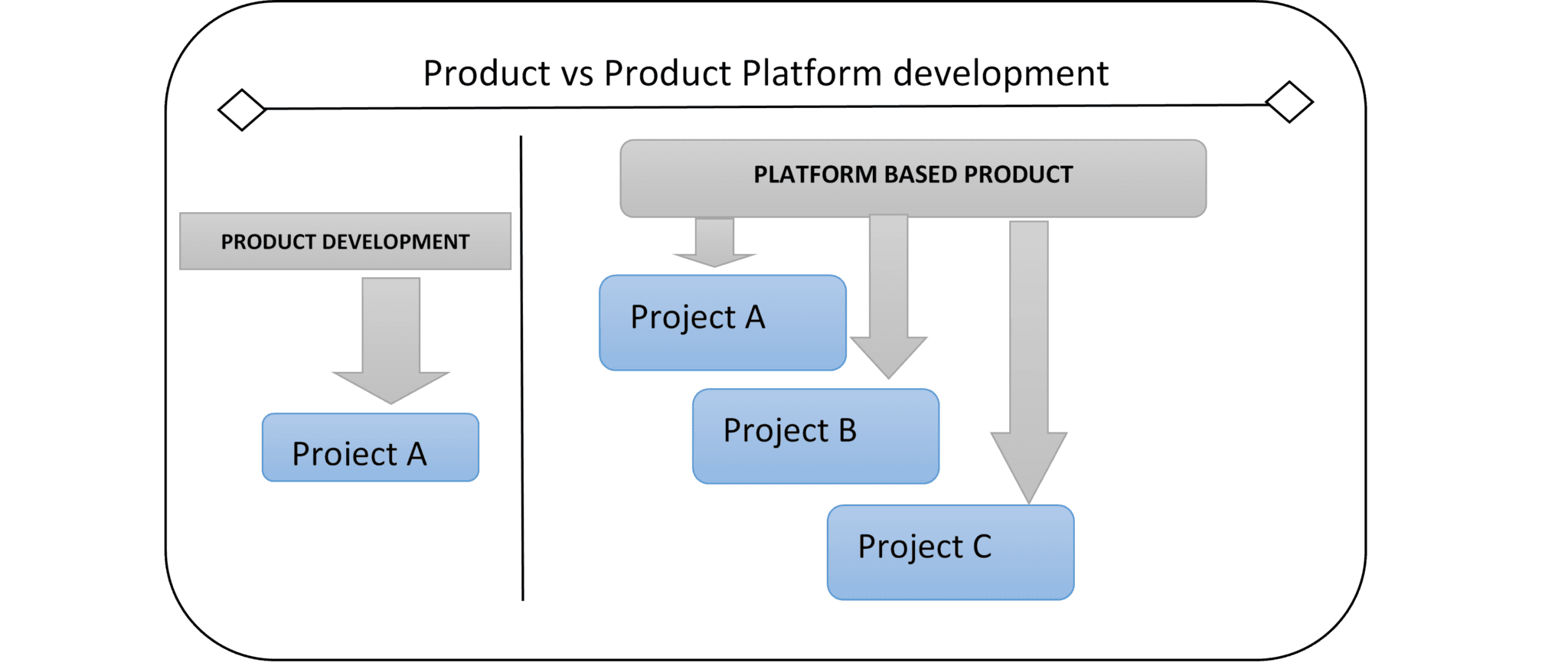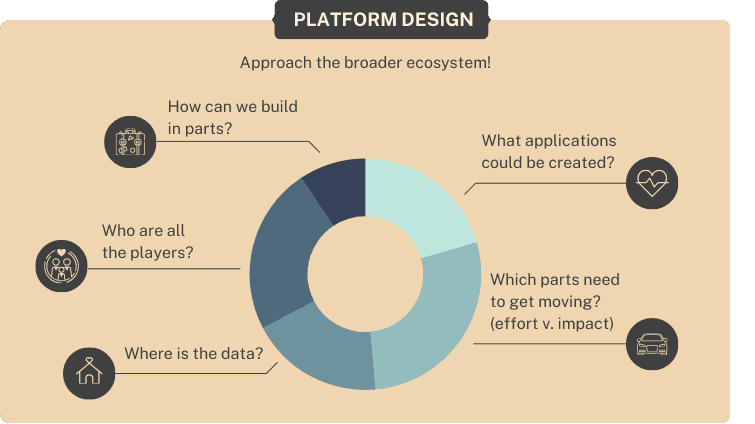Dec 4, 2023
Mark Bench
One data point that history provides us, is the fact that both commercial and residential real estate continue to rise in values. In addition, more and more offices and housing are being constructed for the coming surge of the middle class from the AI revolution. Every day, more and more opportunity is created to take advantage of the market, especially with AI.
Key Use Cases of AI in Real Estate:
1. Enhanced Real Estate Marketing: AI-powered tools can analyze market data, customer preferences, and past sales to generate personalized property recommendations and targeted marketing campaigns.
2. Predictive Property Valuation: AI algorithms can analyze vast amounts of historical data, market trends, and property-specific factors to provide accurate, data-driven property valuations.
3. Automated Lease and Contract Management: AI can streamline the processing of leases, contracts, and other real estate documents by extracting key information, identifying anomalies, and generating summaries.
4. Intelligent Lead Generation and Qualification: AI-powered chatbots and lead scoring models can engage with potential customers, qualify leads, and route them to the appropriate sales representatives.
5. Optimized Property Management: AI can automate various property management tasks, such as scheduling maintenance, monitoring energy usage, and detecting anomalies in tenant behavior.
6. Virtual Property Tours and Visualization: Generative AI models can create photorealistic 3D renderings and virtual tours of properties, enhancing the online experience for potential buyers and renters.
7. Predictive Market Analysis: AI can analyze vast amounts of market data, including economic indicators, demographic trends, and real estate transactions, to forecast future market conditions and identify investment opportunities.
Advantages of AI in Real Estate:
– Improved decision-making: AI-powered analytics and predictive models can help real estate professionals make more informed, data-driven decisions.
– Enhanced customer experience: AI-powered tools can provide personalized recommendations, streamline the property search and transaction process, and offer virtual property tours.
– Increased operational efficiency: AI can automate repetitive tasks, such as document processing and property management, freeing up human resources for more strategic activities.
– Competitive edge: Adopting AI technologies can give real estate companies a competitive advantage by improving their ability to identify market trends, optimize operations, and deliver superior customer service.
Disadvantages of AI in Real Estate:
– Data quality and availability: The effectiveness of AI models is heavily dependent on the quality and availability of data, which can be a challenge in the real estate industry.
– Ethical concerns: The use of AI in real estate decision-making, such as property valuations and tenant screening, raises concerns about bias, fairness, and transparency.
– Technological complexity: Implementing and maintaining AI-powered systems can be complex and resource-intensive, requiring specialized expertise and significant investment.
– Job displacement: The automation of certain real estate tasks through AI may lead to job displacement, which can have social and economic implications.
Overall, the use of AI in real estate has the potential to transform the industry by enhancing decision-making, improving customer experiences, and increasing operational efficiency. However, real estate companies must carefully navigate the challenges and ethical considerations associated with AI adoption to fully realize its benefits.

Begin innovating with a “Platform as a Product” mindset.
“Platform as a Product” is an engineering, organizational concept, and design-thinking approach...
Read more
Aug 19, 2024

The Role of Venture Studios in the Startup Ecosystem
Venture studios are a new and innovative way to incubate and launch successful startups. But what....
Read more
Aug 19, 2024
Read More


